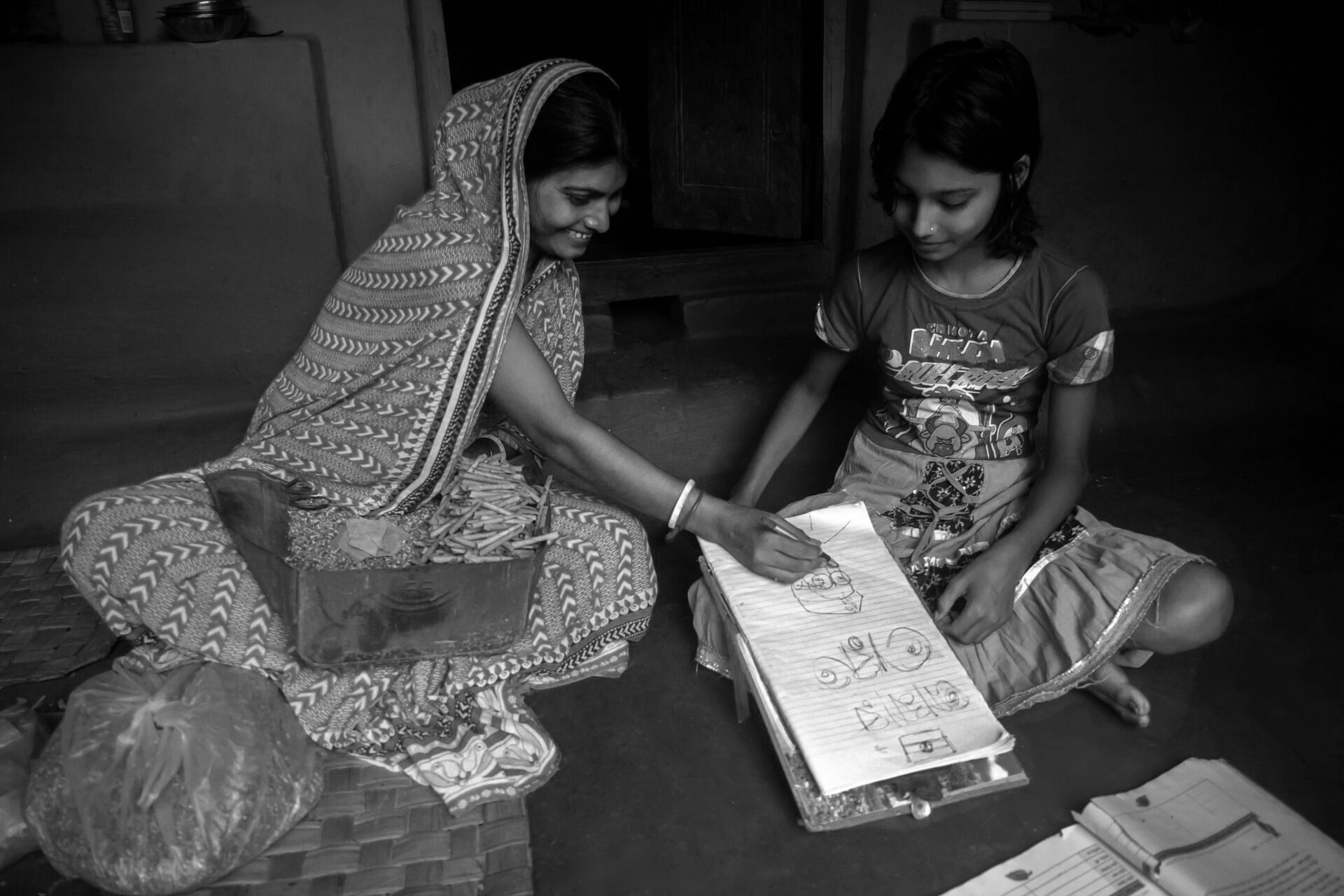
Definitions
Coordinated inauthentic behavior (CIB):
A term created by Facebook to describe “groups of pages or people to mislead others about who they are or what they’re doing.” Often used in reference to fake accounts, or bots, being used to promote specific social media posts, but can also refer to groups of people promoting dangerous, harmful, or hateful content. Facebook posts monthly reports about their actions against CIB networks, and Internet research organization Graphika publishes long-form reports highlighting the actors and incentives behind CIB takedowns.
Disinformation:
According to the National Endowment for Democracy (NED), disinformation is “the use of half-truth and non-rational argument to manipulate public opinion in pursuit of political objectives.” It is used by powerful political actors to “degrade public trust in media and state institutions, and… amplify social division, resentment, and fear.” Further, “analysts generally agree that disinformation is always purposeful and not necessarily composed of outright lies or fabrications. It can be composed of mostly true facts, stripped of context or blended with falsehoods to support the intended message, and is always part of a larger plan or agenda.”
Fake news:
According to NED, “fake news generally refers to misleading content found on the internet, especially on social media. One analysis lays out five types of fake news, including intentionally deceptive content, jokes taken at face value, large-scale hoaxes, slanted reporting of real facts, and coverage where the truth may be uncertain or contentious.” Fake news may be presented as a website designed to look like legitimate news operations but promotes stories with a financial or political motivation. Fake news tends to use social media algorithms to spread quickly through the digital space. Fake news is a colloquial term that has been used in political contexts since at least the 2016 U.S. elections. This term is not favored by scholars due to its inexact definition.
Information operations (I.O.):
According to Mercy Corps’ 2019 Weaponization of Social Media report, coordinated disinformation campaigns are “designed to disrupt decision making, erode social cohesion and delegitimize adversaries in the midst of… conflict. I.O. tactics include intelligence collection on specific targets, development of inciteful and often intentionally false narratives and systematic dissemination across social and traditional channels.”
Propaganda:
According to the Social Science Research Council, propaganda is “the intentional manipulation of beliefs” or “communication designed to manipulate a target population by affecting its beliefs, attitudes, or preferences in order to obtain behavior compliant with political goals of the propagandist.” SSRC acknowledges that this definition includes disinformation as well as “true information framed in such a way as to obtain compliance.” Propaganda has been a popular term in the U.S. for a long time, but it “did not acquire significantly negative meanings until the World Wars. Since then, rivals have frequently labeled their opponents’ messages as propaganda.”